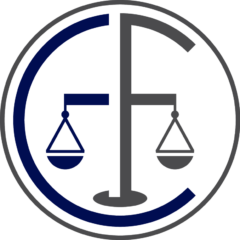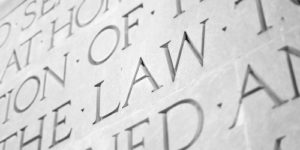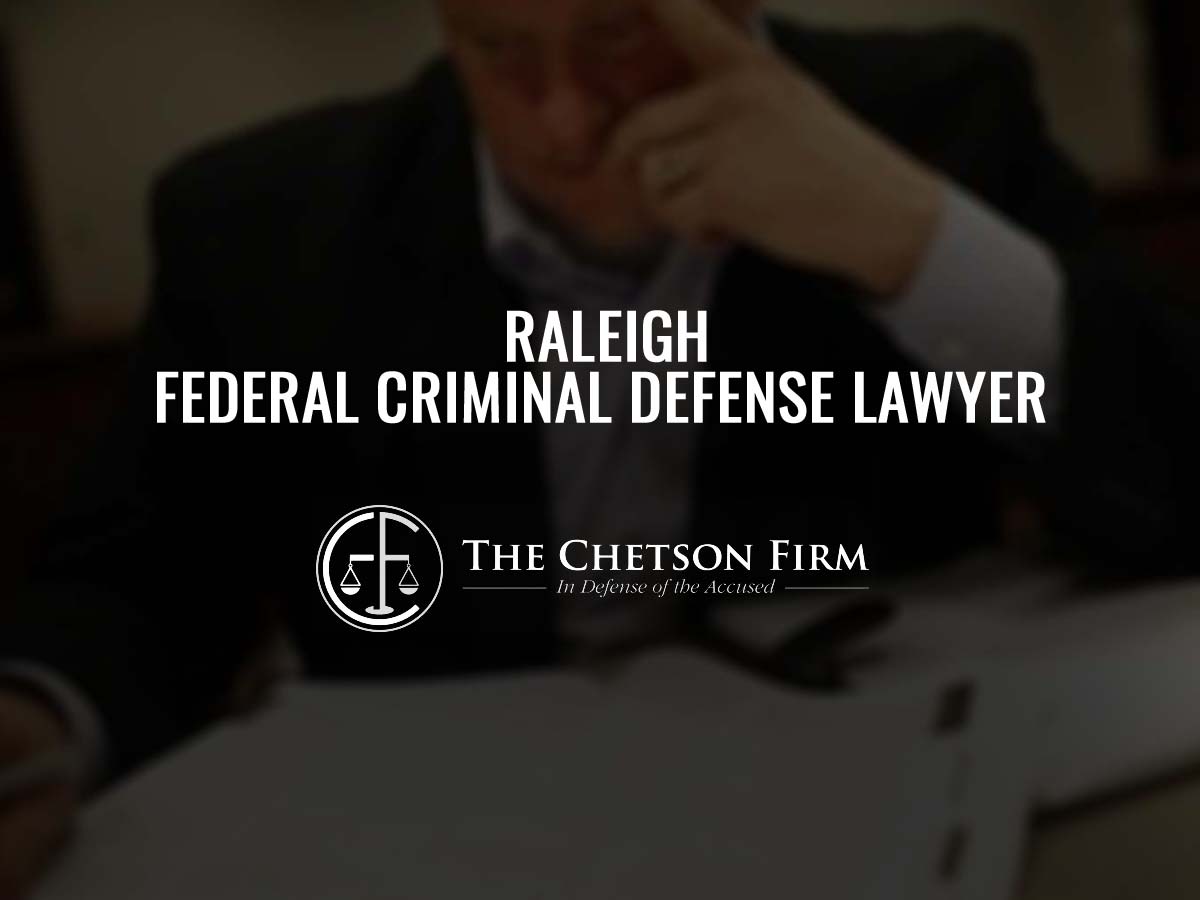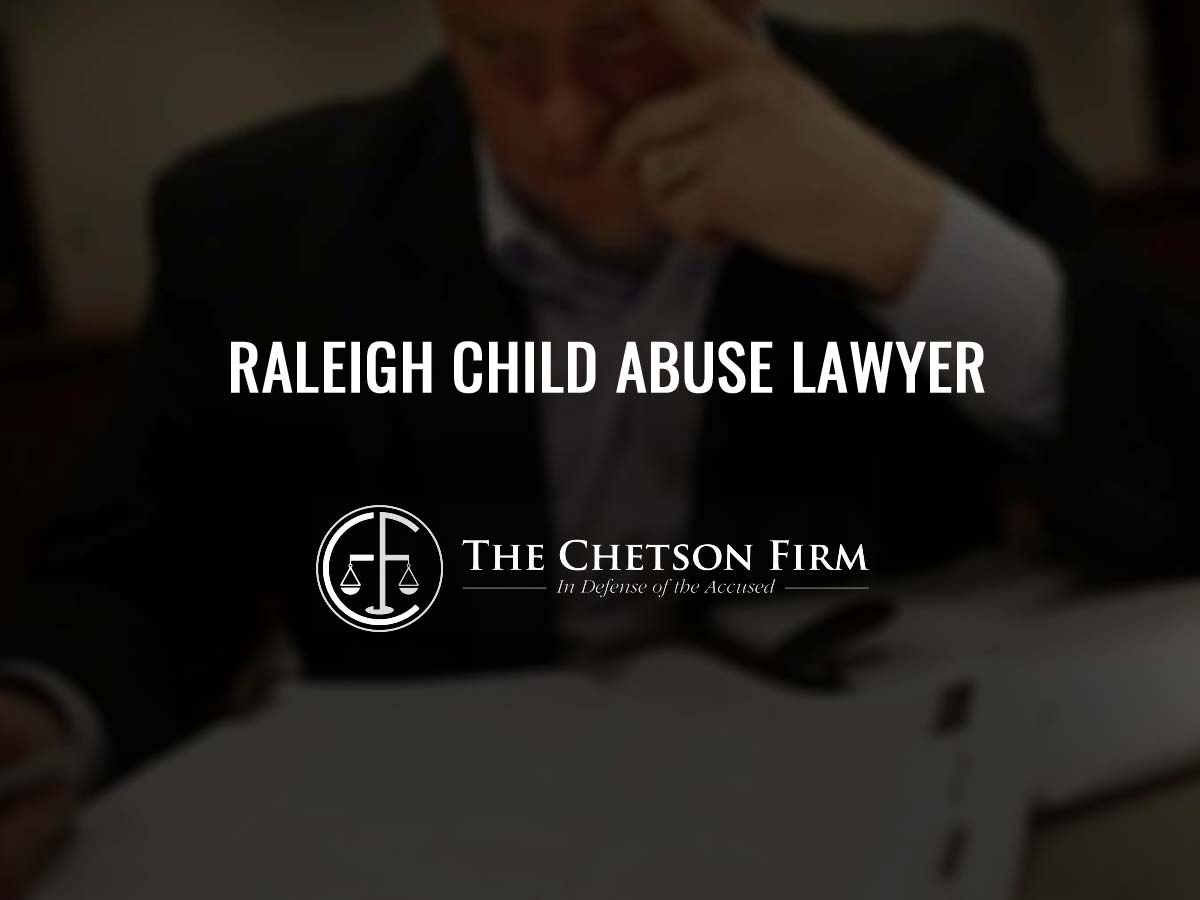Following decades of battling organized crime – principally, in the American imagination, the Italian mob – Congress passed the Racketeer Influenced and Corrupt Organizations Act, a part of the Organized Crime Control Act of 1970.
American law enforcement had been frustrated for years. The law generally punished the discrete criminal acts – robbery or extortion (Hobbs Act), bookmaking or gambling, prostitution (the Mann Act), and kidnapping, as well has largely state prohibitions against murder, acts of violence and so forth.
But in the mob in particular and organized crime in general, those acts are generally carried out by lower level members who are easily replaceable. Furthermore, investigations into higher level criminal acts were often hindered because the actual actors – the kidnapper or murderer – often refused to talk to authorities about the involvement of leaders in the criminal acts.
And so, while under conspiracy law a leader could be prosecuted for ordering a hit, in practice the basic theory of conspiracy left the leadership and surrounding criminal structure in place.
Indeed, the accountants, lawyers, and bureaucrats who kept the mob running were often entirely unaffected by prosecutions because they had no direct or even indirect involvement in the actual criminal acts.
Law enforcement prosecuted the criminal actors without ever really affecting the structure of the mob; soon after new people would fill the ranks of the criminal organization and the group would barely miss a beat.
RICO Fills a Gap
RICO was designed fix that problem by making it a criminal act to be a part of or associate with the organization engaged in certain kinds of criminal activity. There are four components of the RICO statute. And here we focus on the criminal law, not the civil component:
There must be one of four specified relationships between the defendant(s) and the enterprise: either the defendant(s) invested the proceeds of the pattern of racketeering activity into the enterprise (18 U.S.C. § 1962(a)); or the defendant(s) acquired or maintained an interest in, or control of, the enterprise through the pattern of racketeering activity (subsection (b)); or the defendant(s) conducted or participated in the affairs of the enterprise “through” the pattern of racketeering activity (subsection (c)); or the defendant(s) conspired to do one of the above (subsection (d)).
Nearly all RICO prosecutions are carried out using 18 U.S.C. § 1962(d) which requires merely that the Government proves that the defendant conspired (a fancy way of saying “agreed”) to do (a), (b), or (c).
(1962(c) is sometimes used, but only to the extent that the Government seeks certain enhancements that may not be possible with a “conspiracy” conviction.)
Taken to its logical extreme, RICO permits the Government convict someone of up to 20 years in prison if they can prove that the person merely agreed to associate or join an organization which engaged in a pattern of racketeering. A pattern of racketeering is defined as at least two acts of the type alleged by the government in its indictment and identified by statute.
RICO: An Example
For instance, the Government alleges that Joe agreed to associate with the Fluffy Dog Society, an organization that the Government alleges that on January 5, 2018 and August 5, 2019 committed two criminal acts. Let’s say that on January 5, 2018, the Fluffy Dog Society filed for bankruptcy and committed the criminal act of bankruptcy fraud. Let’s say on August 5, 2019, the Fluffy Dog Society committed the criminal act of copyright infringement.
A Jury would be instructed to find Joe guilty of RICO conspiracy if they believed that Joe agreed to participate in the conduct of the affairs of the Fluffy Dog Society and agreed that at least two predicate acts of the type alleged in the indictment were committed by any member or associate of the Fluffy Dog Society.
In other words, while the Government generally would put on evidence regarding the January 5, 2018 and August 5, 2019 acts, the Government wouldn’t have to prove that Joe knew or agreed with those specific acts. The Government would only have to prove that Joe knew or agreed that other members of the Fluffy Dog Society committed at least two acts of those sort.
In a large organization, the predicate acts become merely examples of the sorts of things bad actors within the organization could commit, and so Joe, if he agreed, would be criminally liable for RICO conspiracy.
RICO: But Shouldn’t “Agreement” Be Enough?
At this point, a Government prosecutor might say, Joe shouldn’t have “agreed” to be a part of a criminal enterprise if he didn’t want to be held responsible. Plus, you’re being unfair by calling it the “Fluffy Dog Society” because the Government wouldn’t ever prosecute the Fluffy Dog Society, or a Church, or a knitting club, or a biker club.
First, let’s talk about what “agreed” means in the real world.
At the conclusion of a trial, the jury would be “instructed” by the Judge regarding the law. Those instructions tell jurors that the Government is not required to prove a formal agreement. Indeed, as we all know from our daily lives, people agree to do things all the time without signing agreements, or even saying the words “I agree.”
So in the real world, a person’s participation in the Fluffy Dog Society’s legitimate activities – rescuing and saving dogs – can be used as powerful evidence that the person was a member and agreed with the purpose of the group.
Furthermore, in a real criminal case, the bad actors within the Fluffy Dog Society would have been approached early in the prosecution. Because cases against them are strongest, they are the most likely to be found guilty by a jury. Knowing this, they and their attorneys often plead guilty and, in doing so, agree to cooperate with the Government by testifying against others in the Fluffy Dog Society who may be headed to trial.
Cooperation is the key to getting a lower sentence in the federal system. So other defendants – cooperators – have very powerful reasons to testify.
Indeed, even if they aren’t lying on the stand, their recollections of conversations or communications are likely to be colored by the fact that they themselves were acting criminally.
Since the Government is not required to produce a written agreement or even verbal statement of agreement by the defendant, and since the Government will often have cooperators who will implicate the Defendant, and since agreement is often “proved” by a person’s actions (like remaining in the Fluffy Dog Society even after perhaps its activities became more suspect), agreement is a very low bar for the Government to jump.
RICO and Other Factors
Other criminal rules and structures, coupled with the RICO law, make winning a RICO case very difficult.
- Federal Rules of Evidence – The Rule against Hearsay – 801 – generally bars a party from soliciting testimony about an out-of-court statement. Judges can interpret this rule very narrowly, to prevent a lawyer from even asking whether the witness said something they said before. A jury, therefore, will often not hear about statements that the witness said, even contradictory statements made under oath at a prior hearing. An exception to this rule is that the Government can offer prior statements made by the defendant or any of his supposed co-conspirators that were made in furtherance of the conspiracy. In a RICO conspiracy involving a large organization, the Government can back the proverbial dump truck to the courthouse and unload statement after statement from thousands of people with whom the defendant may never have actually talked or met.
- Government Resources – Whether it’s a simple bank robbery, or a Hobbs Act (extortion/robbery) case, the Government has tremendous resources to investigate and prosecute cases. In addition, the Government has an army of prosecutors (both local in the federal district and in Washington, DC). The Government has a group of organized crime prosecutors in Washington who do nothing but travel around the country to support and prosecute RICO cases. In addition, a RICO investigation may be carried on for years with the use of confidential informants such that once it comes to the indictment, the Government has millions of pages of documents and has a team of dozens of agents who are intimately familiar with the case and with the potential witnesses. Against all of this, if the defendant is lucky and wealthy, he has hired a team of defense lawyers and an investigator or two. But in almost all cases, the defendant normally has a single lawyer and an investigator who has none of the arrest powers of a federal agent.
- Cooperation – The Federal Sentencing Guidelines establish the possible punishments available if a person is found guilty. Cooperation with the Government, often expressed as a 5K1.1 motion filed by Government prosecutors with the Court, is one of the few reasons a federal judge can go below the guidelines to sentence a defendant more leniently. While the guidelines have been “advisory” since the early 2000s, federal judges are creatures of habit and most still follow the guidelines. Consequently, a defendant who pleads guilty early receives a benefit for having accepted responsibility (which can mean months or years off a sentence) and a defendant who cooperates with the Government can enjoy even greater rewards, but generally only if they make the Government happy. Against this, the defendant obviously has no way to reward a witness who may testify truthfully but in the defendant’s favor. Indeed, a witness who might want to testify might be scared to anger a federal prosecutor, even if that prosecutor has never given them any reason to fear the Government. It’s natural for a witness not to want to testify against his government.
Conclusion
Obviously there’s a great deal more to be said about RICO. But these are some of the inherent dangers of RICO in general, and RICO conspiracy, in particular.
As a first step, Congress should eliminate 1962(d) and require that the Government actual involvement, not just conspiracy, to establish a RICO crime.



